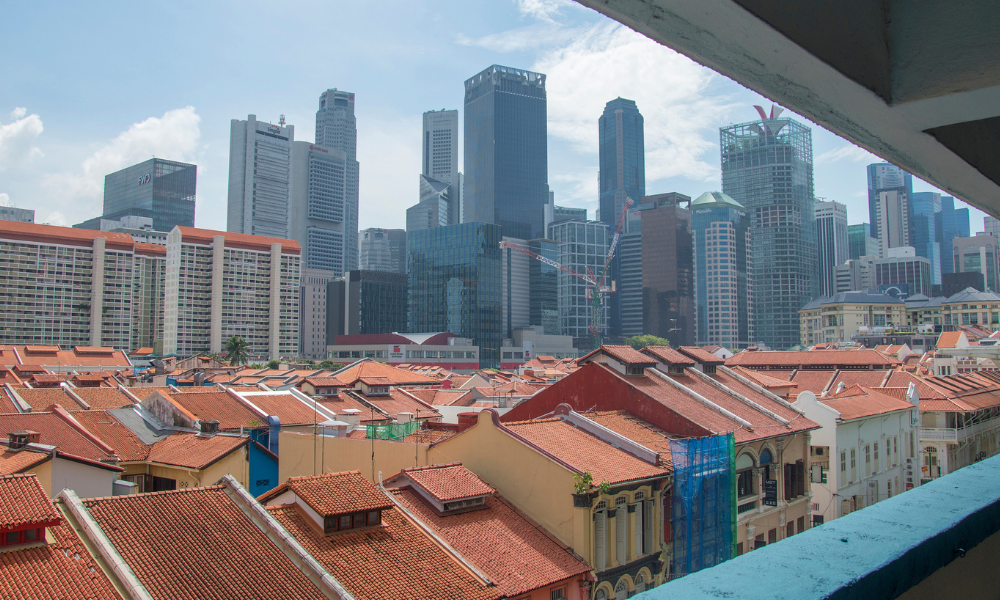
'The scheme is part of our broader effort to transform the migrant worker ecosystem by fortifying housing'

The Singapore government announced on Wednesday that it is planning to raise the standards for around 1,000 existing purpose-built and factory-converted dormitories as part of a phased approach to uplift housing resilience and improve living conditions for migrant workers.
These dormitories will be transitioned to "improved interim standards under the Dormitory Transition Scheme" by 2030, according to the Ministry of Manpower (MOM).
Dr. Koh Poh Koon, Senior Minister of State for Manpower, described the scheme as an "important step" to uplift the standards of existing dormitories.
"The scheme is part of our broader effort to transform the migrant worker ecosystem by fortifying housing standards, improving healthcare support and enhancing social well-being," Koon said in a statement.
It is also aimed at strengthening the resilience of migrant worker dormitories against future disease outbreaks, after the areas previously became infection clusters during the COVID-19 pandemic.
In late 2020, Reuters reported citing MOM data that nearly half of Singapore's migrant workers residing in dormitories caught COVID-19.
Under the Dormitory Transition Scheme, the maximum occupants per room would be capped to 12 people, with less than or equal to one-metre spacing between beds.
The living space, excluding shared living facilities, would also be capped for 3.6 square metre per resident.
There should also be less than or equal to 10 isolation beds per 1,000 bed spaces, with en suite toilets required for all isolation rooms.
Only one-bedded rooms are allowed for the first five per 10 isolation beds. For the remaining beds, two-bedded rooms are allowed if there is partitioning available.
MOM will also be requiring up to 15 isolation beds per 1,000 bed spaces, convertible from existing spaces, in cases of public health outbreaks.
According to the ministry, most eligible dormitories will progressively transit to the interim standards between 2027 and 2030. Larger dormitories with higher public health risks will have to transition earlier.
"Such an approach will ensure that there are sufficient dormitory beds to meet employers' need even as the transition takes place," MOM said in a media release.
The ministry added that it will open in 2025 the application for dormitories for their preferred year to complete transition within the window of 2027-2030.
"However, there will be a cap on the number of beds that can transition each year to spread out the impact on bed supply," MOM said.
Dormitory operators will also need to come up with plans to minimise disruption to migrant worker residents while they are transitioning.
According to MOM, it is considering extending financial support to dormitories that will undergo the Dormitory Transition Scheme.
"MOM's financial support will partially defray the significant costs to dormitory operators of retrofitting existing buildings to meet new standards," it said. "This is in recognition that the government usually does not require retrospective retrofitting to existing buildings to meet new infrastructure standards."
"Dormitories will still be required to co-pay as they too derive benefits from improved public health resilience and business continuity."
The Dormitory Transition Scheme is part of the government's multi-year approach of developing dormitories to improve living conditions for migrant workers.
After the 2027-2030 transition timeline, the dormitories under the transition scheme will need to comply to the New Dormitory Standards (NDS) by 2040.
"This phased approach will provide existing dormitories sufficient time to meet NDS requirements and minimise disruption to dormitory bed supply," MOM said.
In addition to existing dormitories, the NDS will also apple to new dormitories being built across Singapore, according to Koh.